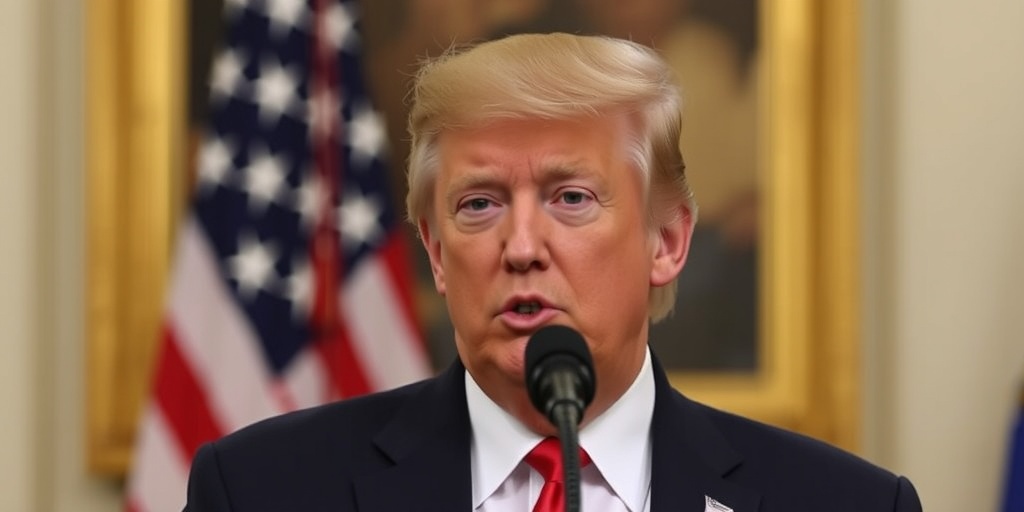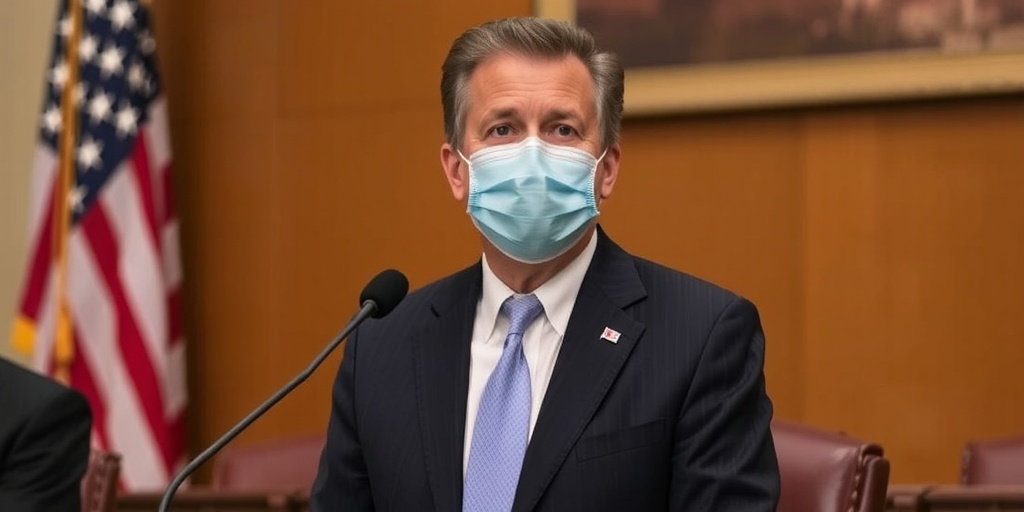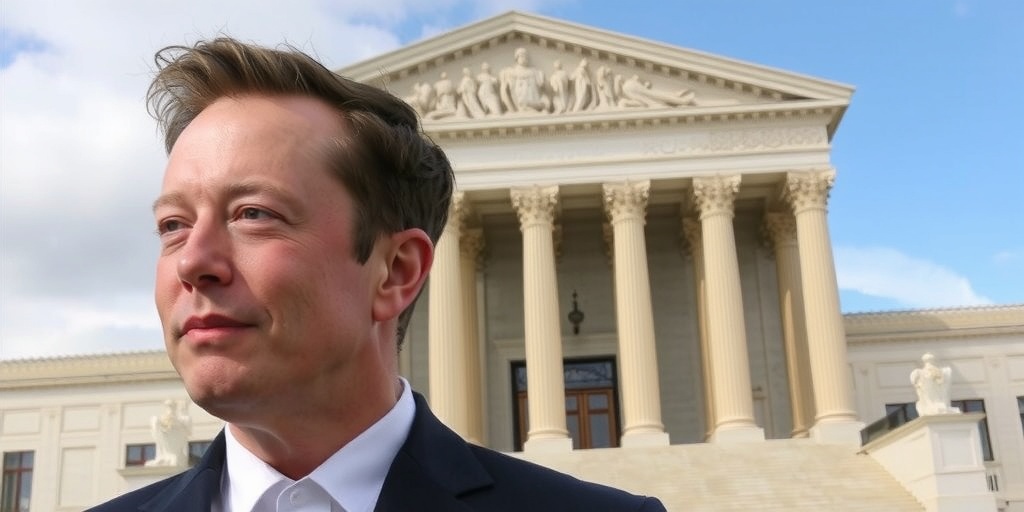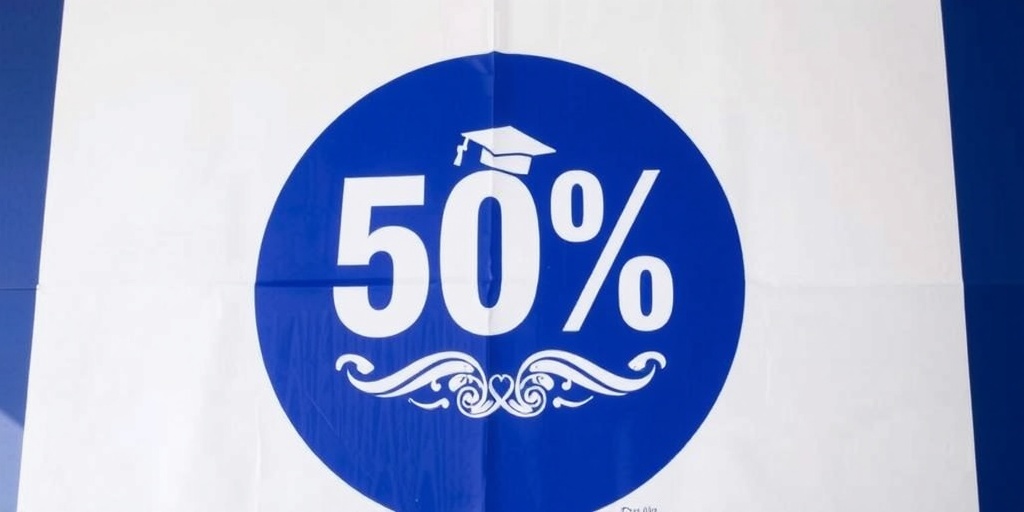Now Reading: U.S. Probes Global Antidoping Agency Under Trump
-
01
U.S. Probes Global Antidoping Agency Under Trump
U.S. Probes Global Antidoping Agency Under Trump
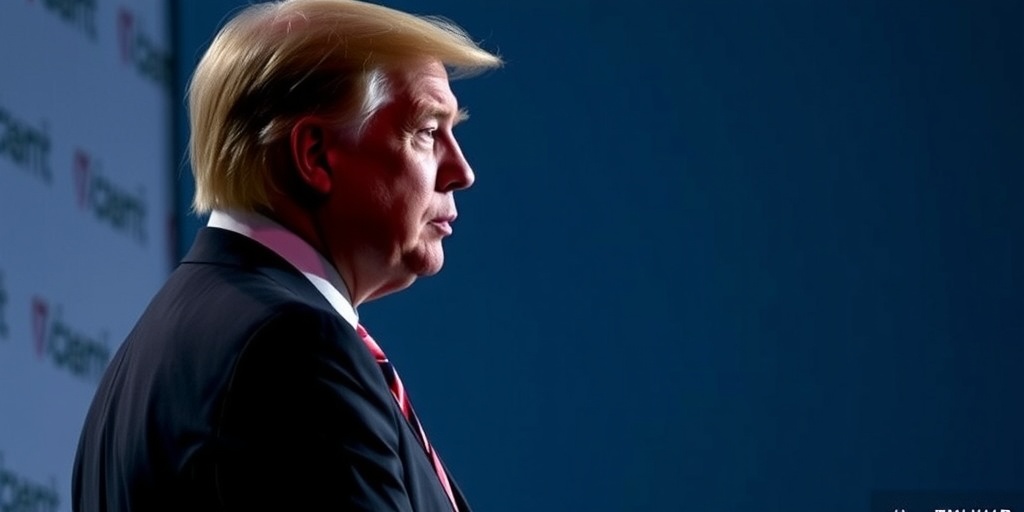
The investigation into allegations of doping cover-ups involving Chinese Olympic swimmers has taken numerous twists, with insights emerging from a draft report acquired by The New York Times. Both the U.S. Justice Department and the Federal Bureau of Investigation (F.B.I.) are involved in probing whether the World Anti-Doping Agency (WADA) and Chinese authorities suppressed the positive doping tests of Chinese athletes who emerged victorious at the Tokyo 2020 Olympics and the 2021 Olympic Games.
The draft document, which WADA intends to present to its executive committee in an upcoming meeting, reveals that as recently as February 12, federal officials conducted a voluntary interview with an American citizen employed by WADA as part of this ongoing investigation. This inquiry follows revelations made last year by The New York Times alongside a German broadcaster, which reported that 23 Chinese swimmers tested positive for a banned substance leading up to the Tokyo Olympics. Alarmingly, these results were neither disclosed by Chinese authorities nor acted upon by WADA, raising substantial concerns regarding the integrity of the Olympic Games.
The origins of this high-stakes investigation trace back to actions taken under the Biden administration. Following the exposure of the doping issue, the U.S. government commenced its investigation into potentially corrupt practices within the Chinese sports system and WADA’s possible complicity. Interestingly, in the waning days of his presidency, Donald Trump signed a law empowering U.S. authorities to pursue international doping allegations, signaling a foundational interest from his administration in the integrity of competitive sports and the principles of fair play.
In the latest developments, the draft report is specifically marked under the section “U.S. Situation,” authored by Olivier Niggli, WADA’s director general. During the investigation, the interview with the WADA employee was reportedly conducted in the presence of U.S. legal counsel, reflecting the gravity and complexity of the ongoing situation. Notably, the document also mentions persistent financial tensions between the United States and WADA. The Biden administration halted dues payments to WADA over discontent with how the organization has managed the doping allegations. This funding impasse appears to continue into Trump’s current administration due to the absence of a top drug official at the White House who could decide on the release of these critical funds.
Relations between WADA and the United States have become strained as a result, with WADA suspending American representatives from its core committees in response to the non-payment of dues. Critics across the political spectrum, including both Republican and Democrat lawmakers, have expressed concern about WADA’s handling of the situation involving Chinese athletes. Niggli addressed this issue in the report, highlighting that prior U.S. administrations have compromised the integrity of athletes worldwide, particularly American athletes who stand to gain the most from global efforts toward maintaining a level playing field.
The drawn-out investigation could potentially have far-reaching implications. In a striking incident last year, the American chair of the global swimming governing body was questioned by U.S. authorities about the positive doping tests right as he was preparing to board a flight to Europe. This encounter incited tensions within the Olympic movement, with threats made against the United States concerning its rights to host future Olympics. Interestingly, in exchange for securing the bid for the 2032 Winter Olympics, Utah officials and the head of the U.S. Olympic Committee, Gene Sykes, were reportedly encouraged to push back against the investigation.
Despite the administrative changes in Washington, it seems that no swift resolution to the investigation is on the horizon. Furthermore, the draft report has called out Travis T. Tygart, the head of the U.S. Anti-Doping Agency (USADA) and a vocal critic of WADA, for not equally denouncing the Enhanced Games—a controversial initiative in the U.S. that permits performance-enhancing drugs. Supported by notable investors like billionaire Peter Thiel, and more recently, Donald Trump Jr., the Enhanced Games have drawn widespread criticism from advocates of clean sports.
The WADA draft concluded with hopes that USADA would maintain a firm stance against the Enhanced Games, particularly now that the U.S. has been highlighted as a potential host. As the global sports community watches closely, the ongoing investigation underlines the critical importance of maintaining the integrity of competition and upholding ethical standards in athletics, reminding everyone of the stakes involved in international sports governance.
Stay Informed With the Latest & Most Important News
Previous Post
Next Post
-
 01New technology breakthrough has everyone talking right now
01New technology breakthrough has everyone talking right now -
 02Unbelievable life hack everyone needs to try today
02Unbelievable life hack everyone needs to try today -
 03Fascinating discovery found buried deep beneath the ocean
03Fascinating discovery found buried deep beneath the ocean -
 04Man invents genius device that solves everyday problems
04Man invents genius device that solves everyday problems -
 05Shocking discovery that changes what we know forever
05Shocking discovery that changes what we know forever -
 06Internet goes wild over celebrity’s unexpected fashion choice
06Internet goes wild over celebrity’s unexpected fashion choice -
 07Rare animal sighting stuns scientists and wildlife lovers
07Rare animal sighting stuns scientists and wildlife lovers













